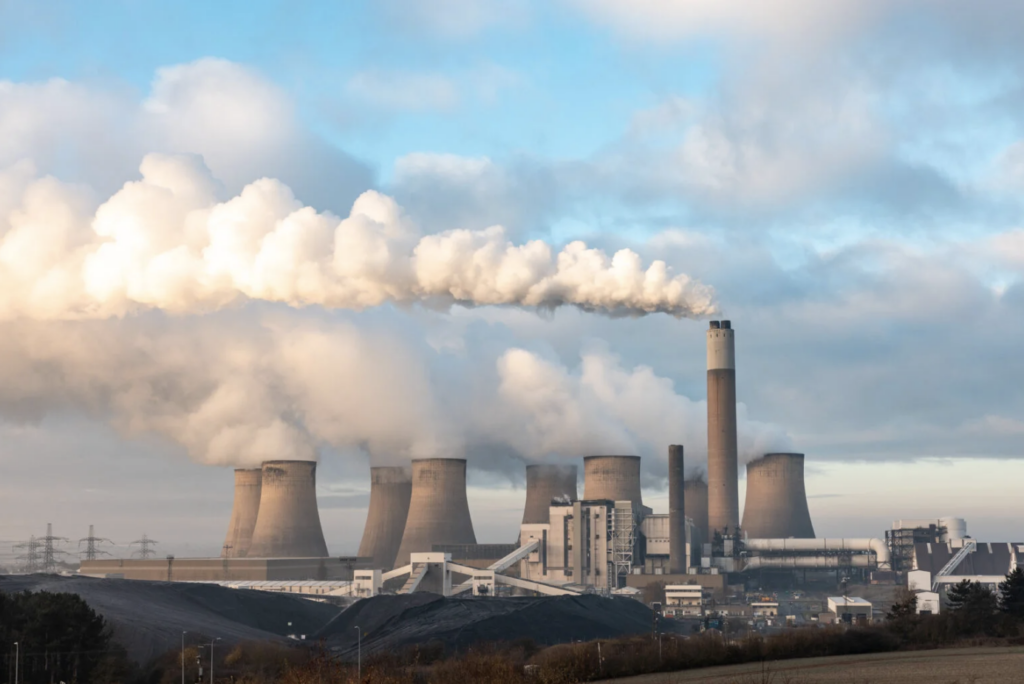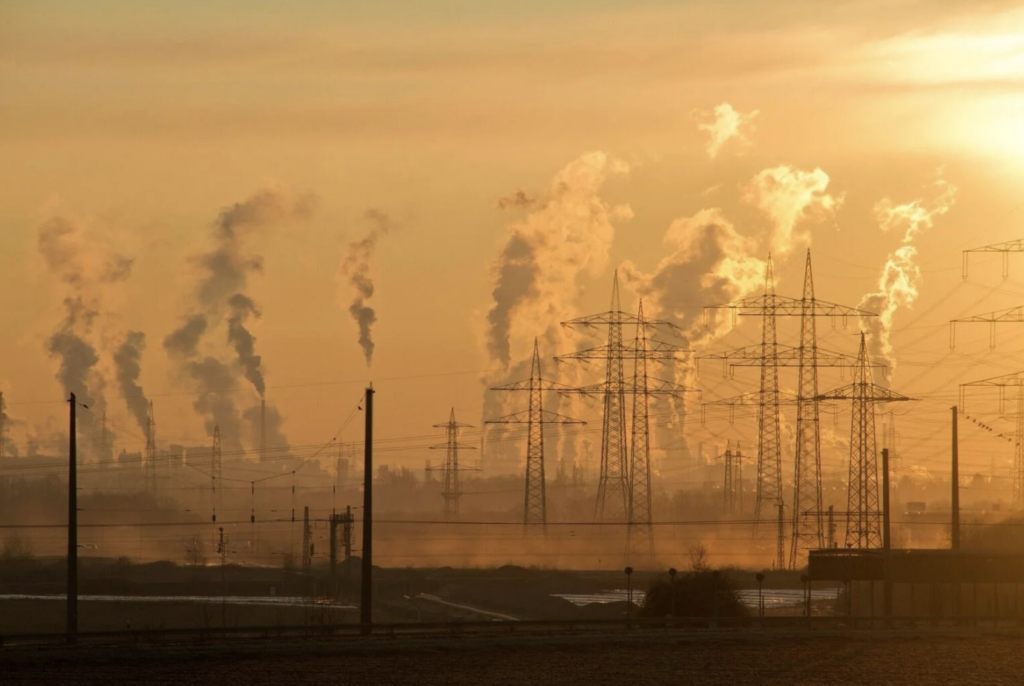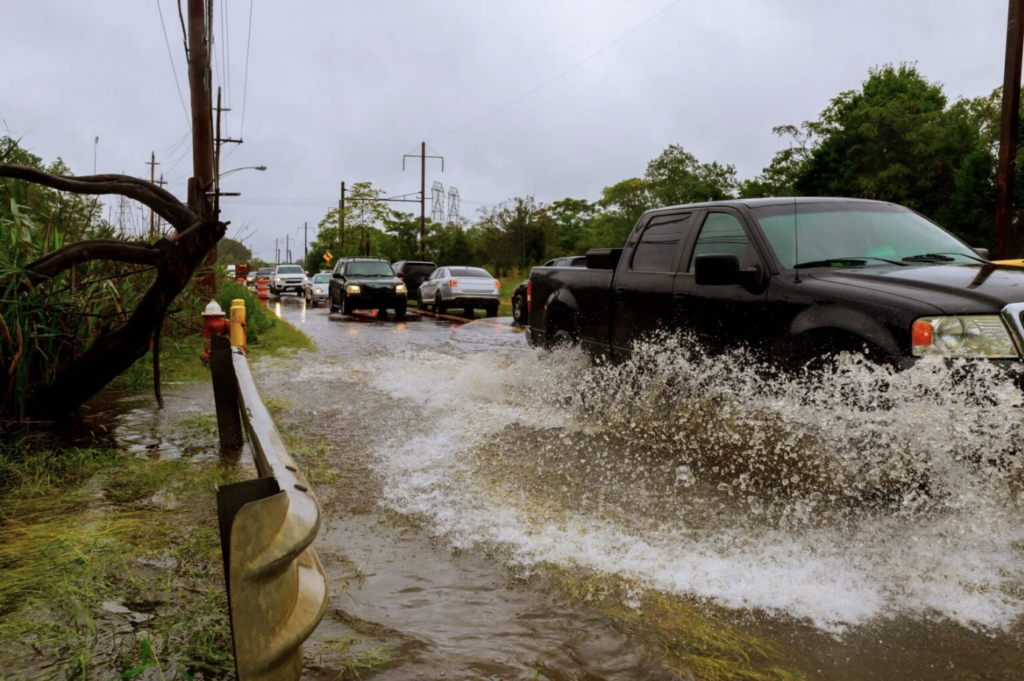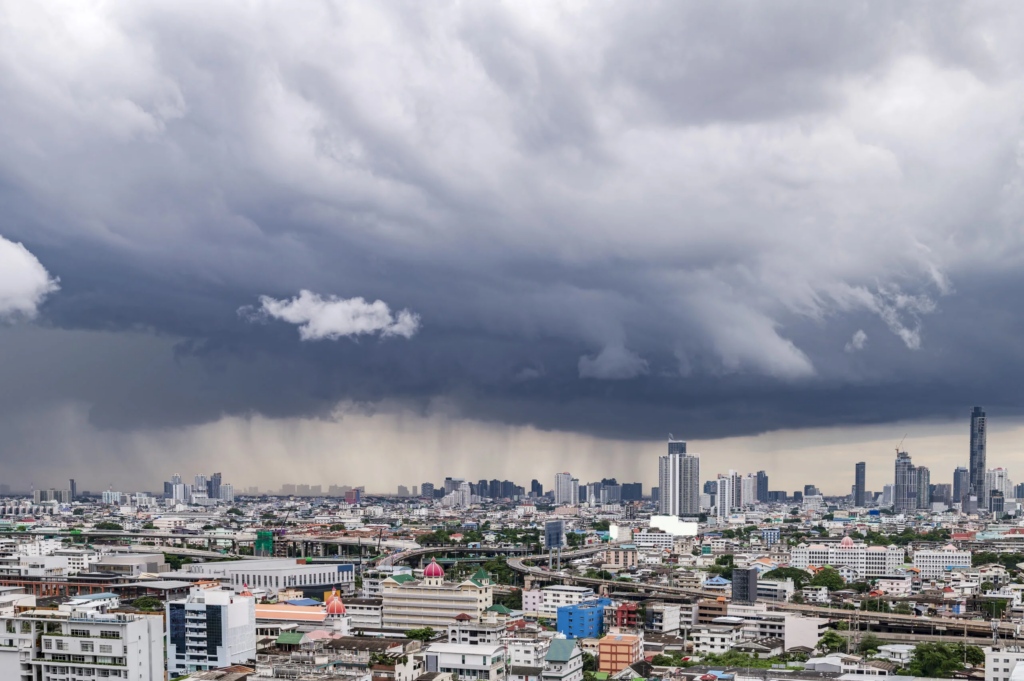- From Thursday, policymakers from around the world are meeting in Dubai for COP28, the United Nations Climate Change Conference.
- For the first time in its almost 30-year history, the two-week conference will have health issues at the centre of its talks, with 65 countries’ health ministers attending the international meeting.
- Climate change affects every aspect of health, which is why the World Health Organisation is pushing for ministers to get their governments to endorse a declaration that asks countries to commit to deal with the effects of changing weather patterns on people’s health.
In today’s newsletter Nicole Ludolph and Linda Pretorius take you to COP28 in Dubai where and explain why health will be top of the talks. Sign up.

For the first time in the almost 30-year history of COP28, the United Nations Climate Change Conference that kicks off in Dubai on Thursday, health is taking centre stage.
Sixty-five health ministers will attend — representing a third of countries who will participate in COP28.
South Africa’s Joe Phaahla won’t be there; instead a senior official from the health department will head the SA delegation, says spokesperson Foster Mohale.
The World Health Organisation (WHO) will be pushing health ministers to get their governments to endorse a declaration that asks countries to commit to deal with the effects of changing weather patterns on people’s health. To do this, they’d need to be prepared to spend money on building health systems that won’t buckle under the pressure that climate change-related conditions will bring and lowering the health sector’s carbon footprint.
Healthcare around the world is responsible for about 5% of all carbon emissions, which, if it were a country, analysts say would make it the fifth largest contributor of greenhouse gases.
Adding greenhouse gases such as carbon dioxide and methane into the air, traps heat in the Earth’s atmosphere.
Since the mid-19th century, human activities have been putting more of these into the air than the ecosystem can handle, upsetting the Earth’s natural temperature balance. This means the atmosphere is getting warmer than it should be, and it’s this rising temperature — called global warming — that drives the change in long-term weather patterns.
Eight years ago, at COP21 in Paris, world leaders agreed to try to keep global warming at only 1.5°C above pre-industrial levels by 2050. To do this, the world would need to cut greenhouse gas emissions in half by 2030.
But we’re still far from meeting this goal, which, if missed, will make it harder to reach the 2050 target. In a report released in March, scientists agree that, should global warming go beyond 2°C, change-related disasters like storms, droughts and floods will reach a level that will make it much harder for life to survive on Earth as we know it.
With more heatwaves, floods and droughts, people will struggle to stay healthy — whether they’re battling to cope in extreme heat, fighting off germs like those causing malaria, TB or HIV, or trying to ward off anxiety, depression and worry about how our future will look like in the wake of a changing climate.
At a press conference on Monday, Maria Neira, head of the WHO’s unit for public health and environment, said: “The negotiators need to understand that they are negotiating not only the [lowering of] CO2 emissions, but they are negotiating with our health.”
Making health systems healthier
Climate change is here and “we’re already observing negative impacts on a wide range of health [issues] in every region of the world”, says Diarmid Campbell-Lendrum, the WHO team lead for climate change and health.
But the world needs to put its money where its mouth is, he says, because “climate action is an investment; it isn’t a cost”. And the money is there, he notes, referring to the approximately $1-trillion (close to R19-trillion) being spent on subsidising fossil fuel use. “We’re just not spending it [the money] in the right place.”
Neira adds that “most of our health systems are overwhelmed and they’re already absorbing the little resources that they have, particularly [those] in the most vulnerable countries”.
About 3.5-billion people — close to half of the world’s population — live in areas where climate change will likely have a big impact — and according to the World Bank, 42 countries in sub-Saharan Africa will be among those hardest hit.
In their call for urgent action on climate and health, WHO says “only a dramatic and dedicated effort to limit warming to 1.5°C will prevent a future much worse than what we see now”.
A hotter Earth means poorer health
Rising temperatures as weather patterns change are bad news, especially for people with existing illnesses, the elderly and those living in areas with high levels of air pollution — and in countries where people have to rely on a pressured public health system, it will be even worse.
Take Khehla Mahlangu’s experience, for instance. For Mahlangu, 52, who has trouble breathing because of years-long exposure to dirty air in Secunda, a town in Mpumalanga where air quality is of the worst in South Africa because of Eskom’s coal-burning power plants and large chemical factories like Sasol polluting the air, going to a state hospital is pointless.
“Nothing will happen when I go to the hospital. I’ll just sit there for hours and wait, and then they’ll refer me to [another hospital].”
Changing weather patterns will also affect how infectious diseases spread.
“For the most part, climate change is not creating new diseases; it’s making existing disease problems more intense, or spreading them to add to new areas,” says Campbell-Lendrum.
Tuberculosis (TB) is one that will hit hard.
In South Africa, 54 000 people died of TB last year alone and it’s been the country’s top killer for years. Disasters linked to climate change, such as floods, droughts or storms, can create conditions that will make TB spread easily. Shelters set up when people have to flee their homes in the wake of a storm, flood or wildfire are often crowded, which means people can easily breathe in the germ that causes TB.
Climate change will likely also slow down the progress the world has made towards ending HIV by 2030 — and social issues like inequality, poverty and food insecurity are expected to get even worse. Add this to an already stressed public health system and damage to clinics, power lines and sanitation in the aftermath of a climate disaster, and it will become even harder for people to get or stay on treatment for infections like HIV.
“Our health system needs to be climate resilient, needs to [use much less] carbon, needs to be better prepared, and for that we need financial [investment],” says Neira.
“The benefits will be enormous.”
Read, watch and listen to our climate change coverage here — all in one place.
[READ] Why climate change makes pollution and lung diseases worse

[READ] The heat is on: Why climate change will leave you gasping for air

[WATCH] Health Beat #13 | Why a hotter Earth could break health budgets
[READ] ‘I missed a dose for the first time’: How the KZN floods derailed HIV treatment

[READ] Why climate change is the biggest threat to health this century

[READ] Will the Earth’s changing climate make TB spread faster?

[READ] Why our changing climate is bad for your health

[READ] There is no planet B: How HIV can teach us to deal with the climate crisis











